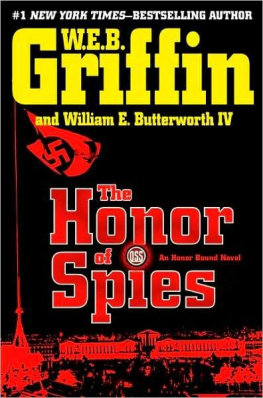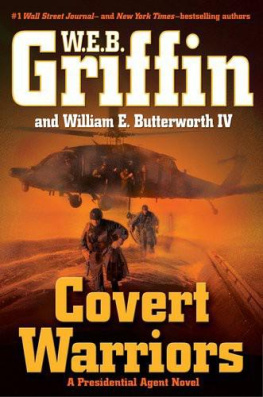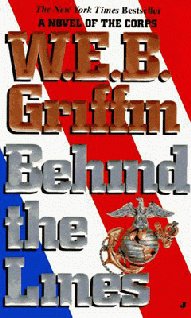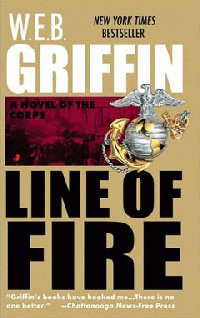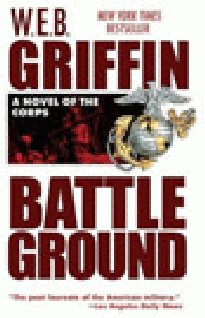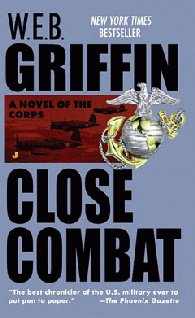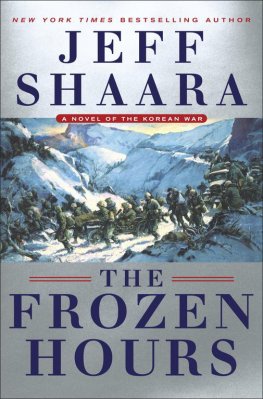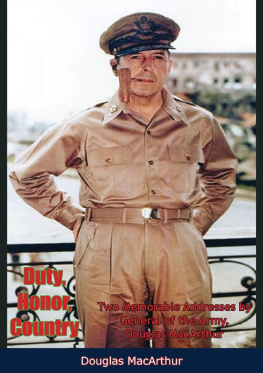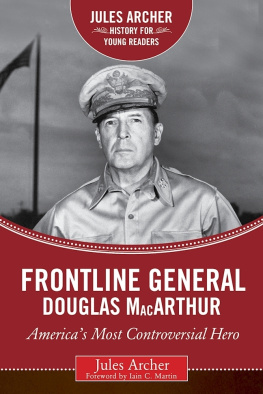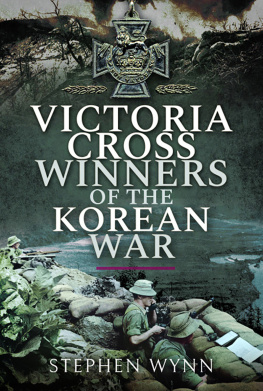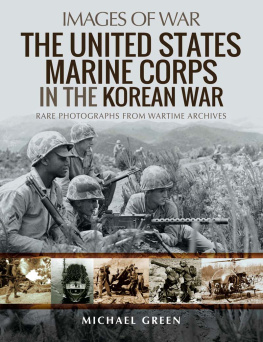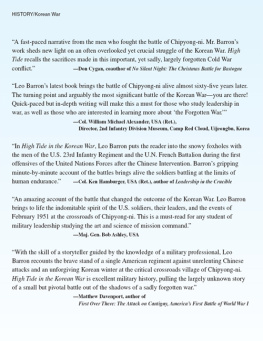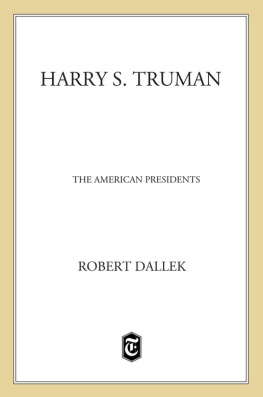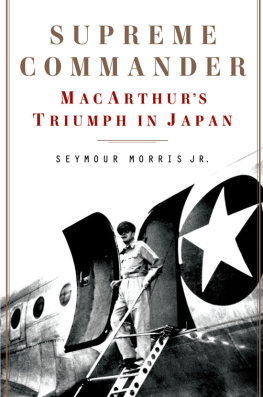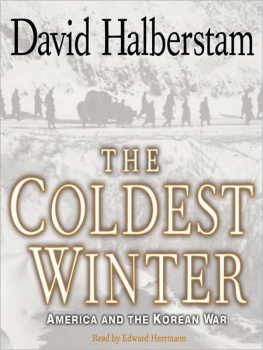Retreat,
Hell!
THE CORPS is respectfully dedicated to the memory of
Colonel Drew James Barrett, Jr., USMC 19 April 1919-1 May 2003
Second Lieutenant Drew James Barrett 111, USMC
3 April 1945-27 February 1969 Died of wounds, Quang Nam Province, Republic of Vietnam
Major Alfred Lee Butler III, USMC
4 September 1950-8 February 1984
Died as the result of terrorist action, Beirut, Lebanon
Donald L. Schomp A Marine Fighter Pilot
who became a legendary U.S. Army Master Aviator RIP 9 April 1989
PROLOGUE
Until August 1945, when General Order Number One, the protocol for the surrenderand occupationof Japan was being somewhat hastily drafted in Washington, the 38th Parallel, which runs across the Korean Peninsula, had been just one line on a map of the globe.
At the time, World War II was just about over. Nagasaki and Hiroshima had been obliterated by atomic bombs, and Japan was willing to surrender. The Soviet Union had justsomewhat belatedlydeclared war on the Japanese Empire, and had already started to move troops into the Japanese "Protectorates" of Manchuria and Korea.
President Truman, who had already learned not to trust the Soviet Union, realized that to keep the Red Army from occupying all of Korea, a border"a demarcation line"between the northern part of the Korean Peninsula and the southern, where the United States planned to station troops, was needed.
If Korea was dividedabout equallyat the 38th Parallel, the United States would control Seoul, the capital, and the major ports of Inchonnear Seouland Pusanat the southern tip of the peninsula.
The division at the 38th Parallel was proposed to the Soviets as the demarcation line, and they raised no objections. The seeds for what became the People's Democratic Republic of North Korea and the Republic of South Korea were sown.
Four years and eleven months later, the Inmun Gunthe Soviet-trained North Korean Armyinvaded South Korea across the 38th Parallel with the announced intention of "unifying" Korea.
The attack officiallyand in factcame as a "complete surprise" to the United States. United States intelligence agencies at all levels had failed to perform their basic duty to warn of an impending attack on the United States or its allies.
It was hard thenand still is, more than half a century laterto understand why we didn't see the attack coming.
Immediately after World War II, Stalin had managed to establish surrogate governments in East Germany, Poland, Hungary, Czechoslovakiaand North Korea. On 5 March 1946, in a speech at Fulton, Missouri, British Wartime Prime Minister Winston S. Churchill said, "From Stettin in the Baltic to Trieste in the Adriatic, an iron curtain has descended across the Continent. "
President Harry S Truman had become very suspicious of Soviet intentions even before he ordered the use of atomic weapons against Japan, and he had acted to foil them.
For example, Truman had courageously dispatched American advisersactually the first special forces/operations soldiers, long before anyone even thought of wearing a green beretto Greece, where they successfully thwarted Soviet intentions to take over the birthplace of democracy.
And when the Soviets tried to force the Americans, French, and English from Berlin, Truman had ordered the Air Lift, which saw U.S. Air Force transports landing round the clock at sixty-second intervals to keep Berlin fed, and the Western Allies in the former German capital.
Many historians now believe that the reason Stalin authorized his surrogate North Korean Army to invade South Korea is that the United States had actually led him to believe we would raise no objections.
On 12 January 1950, Secretary of State Dean Acheson outlined President Truman's Asian policy in a speech at the National Press Club in Washington, D. C. Ache-son "drew a line" of countries the United States considered "essential to its national interests, "a euphemism everyone understood to mean the United States would go to war to defend.
Acheson placed Japan, Okinawa, and the Philippines within the "American defense perimeter. " Taiwan and Korea were not mentioned.
The United States was then "completely surprised" five months later when, in the early morning of 25 June 1950, the North Koreans invaded across the 38th Parallel.
Not that twenty-four hours'or ten days' or six months'advance warning of the attack would have been of much real use: The Inmun Gun was well trained, well disciplined, and well armed. The South Korean armed forces were not.
The South Koreans had been denied, for example, heavy artillery because some of Truman's advisers believed they might use it to invade North Korea. South Korea had also been denied modern aircraft, tanks, and other military hardware by the same reasoning. And, of course, for reasons of economy.
There were only several hundred American troops in South Korea on that Sunday morning, assigned to the Korean Military Advisory Group (KMAG), and they were armed only with their individual weapons.
The Eighth United States Army was scattered among the islands of Japan, but it was not prepared to fight a war.
Blame can fairly be laid for this:
The President of the United States, under the Constitution, is Commander-in-Chief of the Armed Forces. The authors of the Constitution wanted to make absolutely sure that the armed forces were firmly under civilian control, and gave that control to the President.
With that authority, of course, came responsibility. It is the responsibilitythe dutyof the President to ensure that the armed forces are prepared to wage war when called upon to do so. In practical terms, this means the President ensures that the uniformed officers in command of the armed forces meet their responsibilities to keep their forces in readiness. In turn, that means that the armed forces are trained and equipped to go to war.
There is little question now that the senior American officer in the Pacific, General of the Army Douglas MacArthur, failed in his duty to make sure that the Eighth Army under his command was both trained and equipped to go to war. On 25 June 1950, it was neither.
That it was not adequately trained is entirely MacArthur's fault, but to place blame for the literally disgraceful lack of equipment in the Eighth United States Army, it is necessary to go all the way to the top of the chain of command.
United States Forces, Far East, were under the command of the Joint Chief of Staff. MacArthur repeatedly advised them of the sorry state of his equipment, and requested to be supplied with what he believed he needed.
The Chairmen of the Joint Chiefsthere were several during this periodrepeatedly requested of their superior, the Secretary of Defense, that the U.S. Armed Forces worldwide (not only MacArthur's forces in Japan) be adequately supplied with the necessary equipment.
Truman's Secretary of Defense, Louis Johnson, openly boasted at the time that he had first cut military spending to the bone, and then cut some more.
He had. At Johnson's orders, there were two battalions (instead of the three considered necessary) in most of the U.S. Army's regiments. And there were two regiments (instead of three) in all but one of the divisions.
Next page

